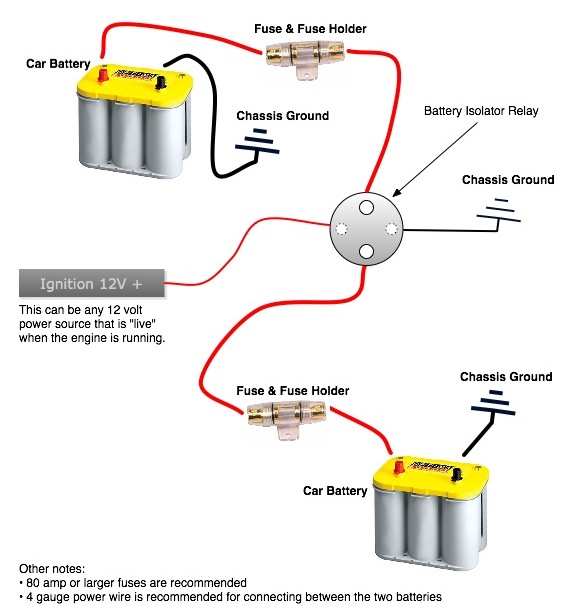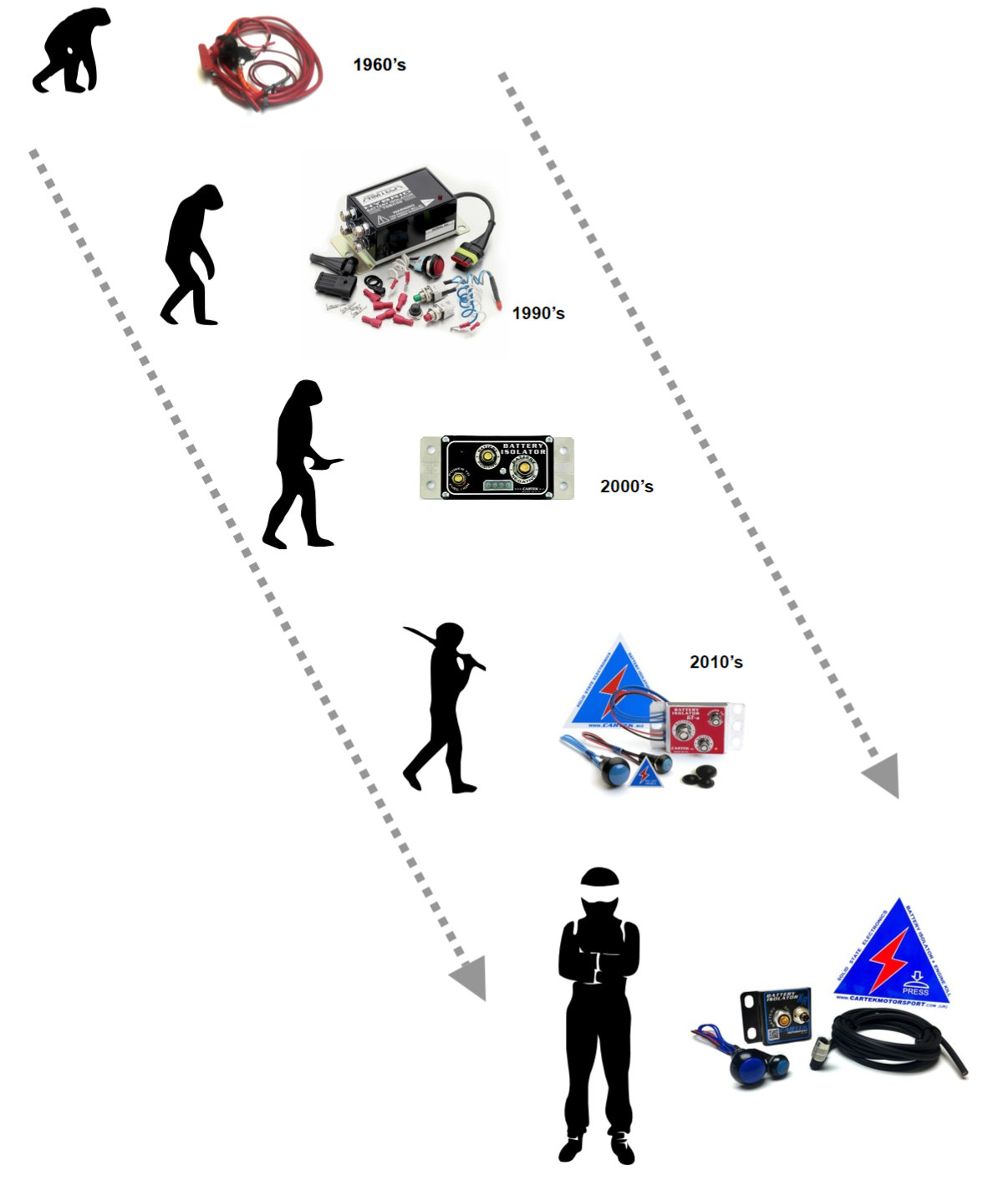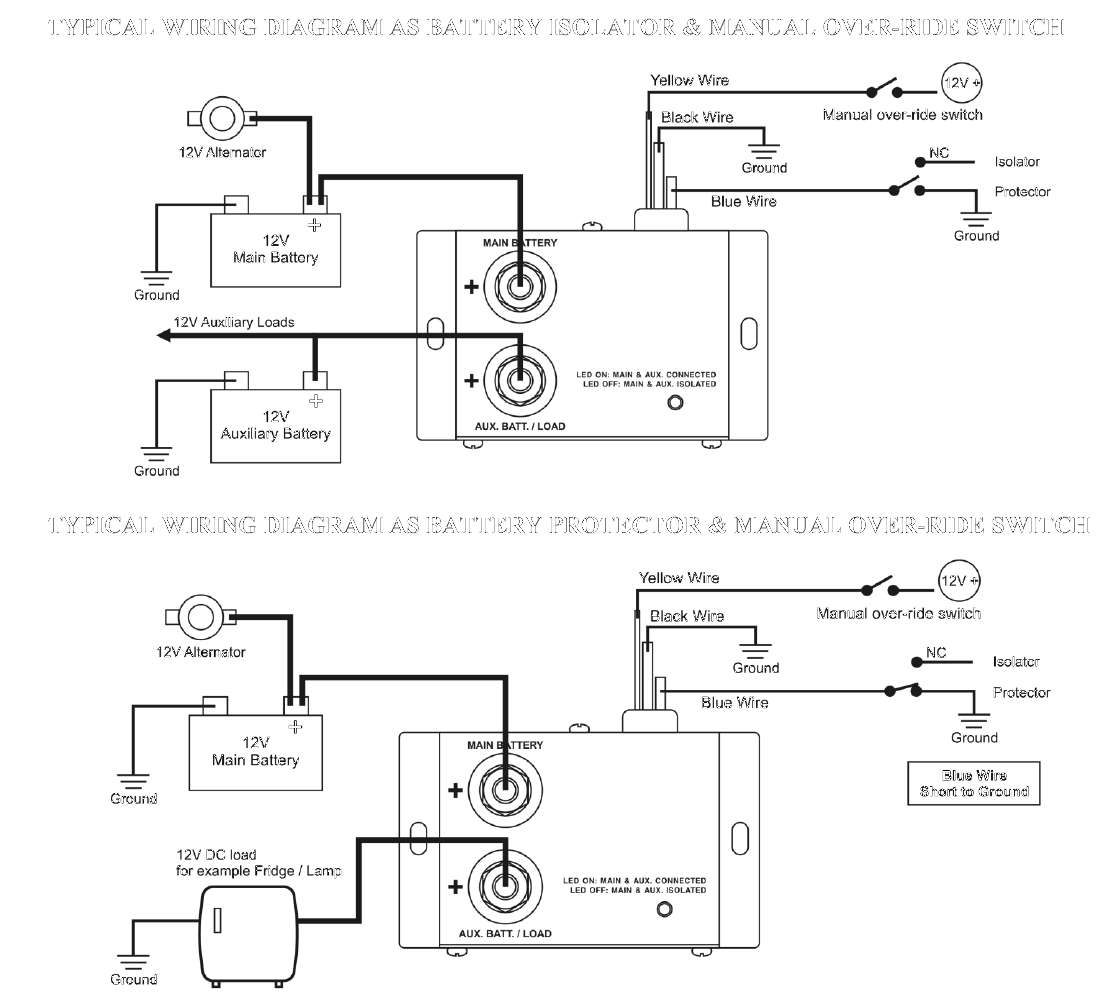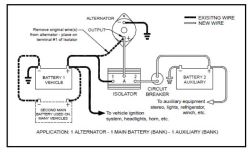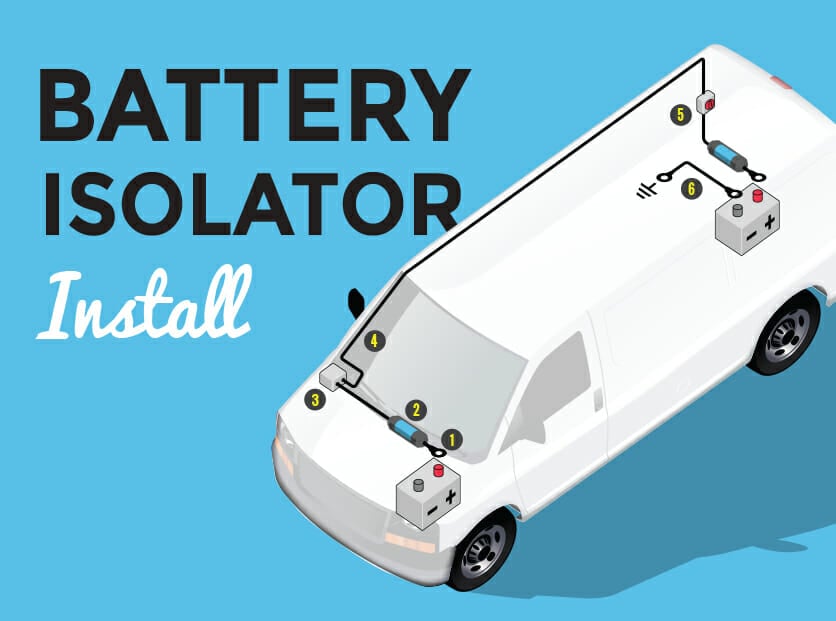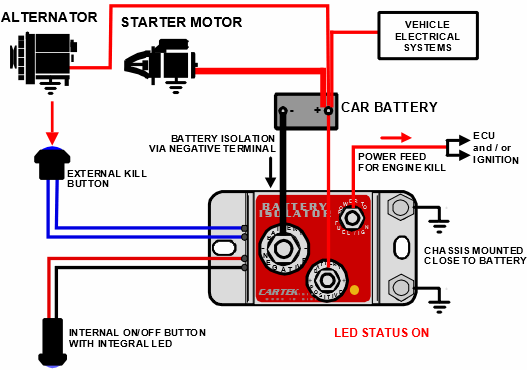A properly operational battery isolator must fulfill three functions. Alternator power flows normally through an isolator or a separator.

Rv Net Open Roads Forum Tech Issues Battery Isolator Not
How does a battery isolator work. A battery isolator is an electrical device that divides direct current dc into multiple branches and only allows current in one direction in each branch. The battery isolator is attached to the vehicles alternator which is the device responsible for providing the vehicle with electrical power and for charging the vehicles battery. One battery is used to start the engine and the other is used to run the accessories. There are a few potential problems associated the use of a battery isolator that users should be aware of. When your vehicle is running current throws the switch closed to allow current to flow from your vehicle charge system back to your rv. The battery isolator uses sensors to determine the number of batteries it is connected to and to draw power from the strongest battery.
The battery isolator uses sensors to determine the number of batteries it is connected to and to draw power from the strongest battery. It must firstly control charging of the coach sometimes called auxiliary or domestic battery by the vehicles charging system as the engine runs. Potential issues with a battery isolator. It does this while prioritizing the chassis sometimes called engine or main battery always keeping it at optimum charge. It allows dc power usually from an alternator to flow through the isolator into multiple branches with electricity only flowing one way in each branch. Somewhat comparable to a vehicle starter relay the solenoid is a big electrically operated switch.
The diode battery isolator the diode type battery isolator uses semiconductor diodes to split the current from the alternator or generator and charge 2 or more batteries at the same time. Battery isolator during charge cycle. The battery isolator is attached to the vehicles alternator which is the device responsible for providing the vehicle with electrical power and for charging the vehicles battery. The job of these devices is to charge both house battery and the engine battery yet to keep the batteries separate or isolated from each other so you will not deplete your engine battery if you run your house battery too low and vise versa. The primary benefit of such an arrangement is the ability to simultaneously charge more than one battery from a single power source eg an alternator without connecting the battery terminals together in parallel. The simplest battery isolator is nothing more than an electromechanical relay.
During the charge cycle the power from the alternator passes through the isolator to charge both batteries and to power both house and chassis circuits. A battery isolators primary role is as sort of a traffic cop for your battery system.





